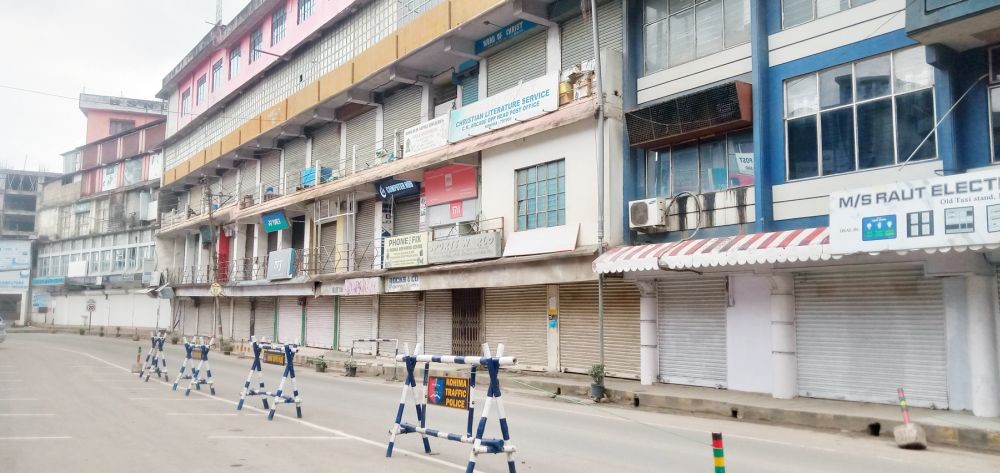
Dimapur, April 15 (MExN): In Nagaland State, domestic workers are not considered as workers “mainly due to their unorganized nature of work, though the employers and employees’ relationship is widely established.”
There is a severe lack of decent working conditions, including no limits on working hours, lack of weekly offs, annual leaves, little care towards their health and safety at the workplace and no protection from abuse and discrimination.
Domestic workers in Nagaland have, thus, “become the property or slave of the employers i.e. to say that their pay, safety, security etc. is at the mercy of the employers.”
This was stated in a press release by the National Domestic Workers Movement, Nagaland Region, and the All Nagaland Domestic Workers Union. The two bodies have condemned the ‘inhuman act’ of assault of a minor domestic worker in Kohima on April 12.
Defining the assault as “heartbreaking” although “just the tip of the iceberg,” the bodies claimed that “such similar incidents take place in Nagaland daily.”
“The victim is a child who is child labour. Where is the law to protect these minors?” wondered the workers’ unions.
“We, the National Domestic Workers Movement – Nagaland Region, working for the domestic workers in Nagaland, come across similar incidents on a regular basis wherein domestic workers are physically, sexually, emotionally abused, their pay is not paid, and they are made to work overtime. The plight of the domestic workers is Nagaland is very sad.”
‘Not recognized as workers’
One of the important reasons for this condition, according to the workers, is that the Nagaland State Government has “not yet recognized domestic workers as workers and their work as work.”
“Though we work for their rights, justice, empowerment, and dignity we can’t go to employers’ house and fight for their rights because our State Government does not recognize them as workers, they are not listed in the Schedule of Employment of the Minimum Wages Act, they are not recognized by the State Government as workers,” explained the unions.
Though the Nagaland State Government has registered domestic workers under the Trade Union Act, acknowledged the bodies, “what about the other benefits, where is the safety and the security? The abuses of the domestic workers are violation of human rights.”
In Nagaland State, almost every household has a domestic worker and “It is time for all of us, specially the State Government, to protect the domestic workers,” they urged.
“If the government does not protect them, then they will continue to suffer under the employer,” felt the workers’ bodies.
Further, they appealed, “The employer who treats their domestic worker in an inhuman way should be punished, labour law should give a provision to recognize domestic workers as workers and their work as work and protect them under the Act, where contract is made between the tri-party so that the domestic workers will be protected.”
Domestic workers, they maintained, are “not slaves; they are workers who contribute a lot for the economy of the state and the nation.”




